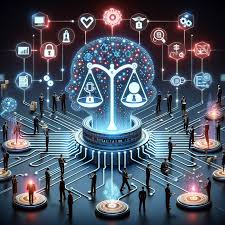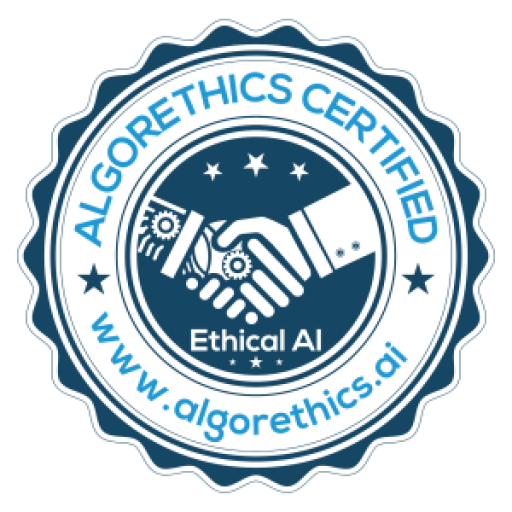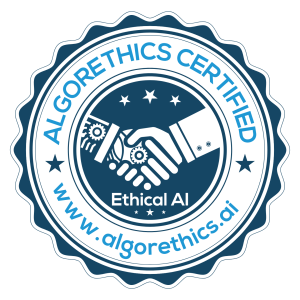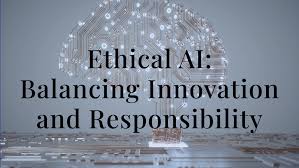The remarkable advancement of AI technologies presents society with a profound duality: unprecedented opportunity alongside significant ethical challenges. As AI systems become increasingly sophisticated and autonomous, the need for ethical frameworks that ensure responsible innovation has never been more critical. AI’s transformative potential spans virtually every sector of human endeavor. In healthcare, machine learning algorithms can detect diseases earlier and with greater accuracy than human physicians. In transportation, autonomous vehicles promise safer roads and enhanced mobility. In education, personalized learning systems can adapt to individual student needs. Yet each of these advancements carries ethical considerations that must be addressed thoughtfully.
At the heart of responsible AI development lies the principle of human-centricity. Technology should augment human capabilities and improve lives while respecting fundamental values like privacy, autonomy, fairness, and transparency. This requires intentional design choices that prioritize human well-being over mere technological achievement.
Consider the challenge of algorithmic bias. AI systems learn patterns from historical data, and when that data reflects societal inequities, algorithms can inadvertently perpetuate or amplify existing biases. This has real-world consequences when AI is used in high-stakes domains like hiring, lending, healthcare, and criminal justice. Addressing this challenge requires diverse development teams, comprehensive testing methodologies, and continuous monitoring of AI systems in deployment.
Transparency represents another crucial ethical consideration. As AI systems become more complex, their decision-making processes often become less interpretable to humans—the infamous “black box” problem. Yet in many contexts, people have a right to understand how decisions affecting them are made. Explainable AI approaches that make algorithmic reasoning more transparent are essential for building trust and enabling meaningful human oversight.
The question of accountability further complicates the ethical landscape. When AI systems make incorrect or harmful decisions, who bears responsibility? The developers who created the system? The organizations that deployed it? The users who relied on it? Clear accountability frameworks are necessary to ensure that all stakeholders take appropriate responsibility for AI outcomes.Privacy considerations also loom large in the AI ethics conversation. Advanced AI systems often rely on vast amounts of personal data, raising questions about consent, data ownership, and the potential for surveillance. Robust data governance protocols and privacy-preserving techniques are essential for respecting individual rights in the AI age.
The global nature of AI development introduces additional complexities. Different cultural contexts may have varying perspectives on ethical priorities. What constitutes appropriate use of facial recognition technology, for example, might be viewed differently across societies. This calls for inclusive, cross-cultural dialogue about AI ethics that respects diverse perspectives while upholding universal human rights.
Addressing these challenges requires collaboration across multiple stakeholders. Industry leaders must prioritize ethical considerations alongside technical innovation. Policymakers need to develop adaptive regulatory frameworks that protect against harms while enabling beneficial innovation. Researchers should continue advancing technical approaches to fairness, transparency, and privacy. And civil society must engage actively in shaping AI governance.
Education also plays a vital role. Technical education should incorporate ethical reasoning alongside coding and mathematics. The next generation of AI developers needs not only technical skills but also the ability to think critically about the societal implications of their work.
As we navigate this complex landscape, humility is perhaps our most valuable asset. The ethical challenges posed by AI do not have simple solutions, and our understanding will evolve as technologies advance. Continuous learning, open dialogue, and a willingness to adapt are essential characteristics of responsible AI development.
The future of AI will be determined not by technological capabilities alone, but by the values we choose to embed in these systems. By prioritizing ethics alongside innovation, we can harness AI’s transformative potential while ensuring it serves humanity’s best interests. This ethical imperative represents one of the defining challenges of our time—and an opportunity to demonstrate our capacity for wisdom alongside our technical ingenuity.







